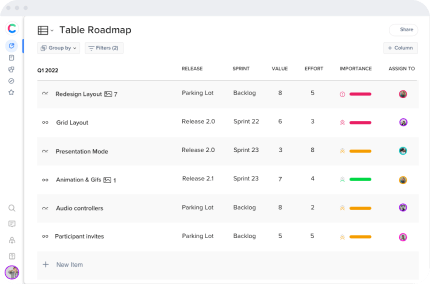What are economies of scale
Economies of scale are the cost advantages a company enjoys from its operations levels. The costs are mainly measured through the output level. Economies of scale are the low prices incurred by a company when it produces products or offers services on a large scale.
During production, there are two costs involved; variable and fixed. Variable costs change with the output level, while fixed costs remain constant. In economies of scale, a company can benefit from low variable costs by increasing the total output. This is possible because of the sharing of variable costs at a high output level.
Areas Depicting Economies of Scale
As seen in the definition, economies of scale exist during high outputs. Here are two significant areas that demonstrate this economic principle in action.
Purchasing Resources in Bulk
Essentially, bulk purchase leads to a company enjoying economies of scale. When you purchase resources in bulk, the cost per unit is lower than unitary purchases. This is because a supplier can maximize their sales through the same principle and pass on the low prices to a buyer.
Subsequently, the benefits inherited from the supplier results in lower unit prices and can be pushed forward in the production process.
Increasing Customer Numbers in a SaaS Business
Conventionally, economies of scale are best realized when production increases. Despite this, companies in the SaaS industry may feel they do not need to calculate economies of scale. Nevertheless, a critical look at this principle can provide a way of incorporating it and reaping the benefits.
Just like companies dealing with tangible products increase their output, SaaS can also increase their clients. But before the increase, they need to determine their costs per client and service and then calculate additional costs per extra client or service.
By having these two costs, they can then extrapolate and see how much it will cost with an increased number of clients. By doing this, you will realize that the cost per client is lower when dealing with a high number of clients than a single one.
Importance of Economies of Scale in Business
Calculating economies of scale in any business is vital and should be a must-do. The two significant areas it helps in business are;
Helps in Determining Operation Scale-Up
Economies of scale help a company understand when it can expand. The expansion point is realized when a company calculates the increased production cost and sees if it can meet the associated costs.
Helps in Calculating the Break-Even Point
Economies of scale help a company reduce costs as production increases. A company can calculate the economies of scale and determine whether it is positive or negative. If negative, it indicates more production results in a loss and isn’t viable, while a positive one results in profits and should be pursued.
Calculating economies of scale is helpful for any business if it wants to expand, reduce production costs and earn more profits. It is also a valuable principle for SaaS companies who want to increase their client base and benefit from low service provision costs.


